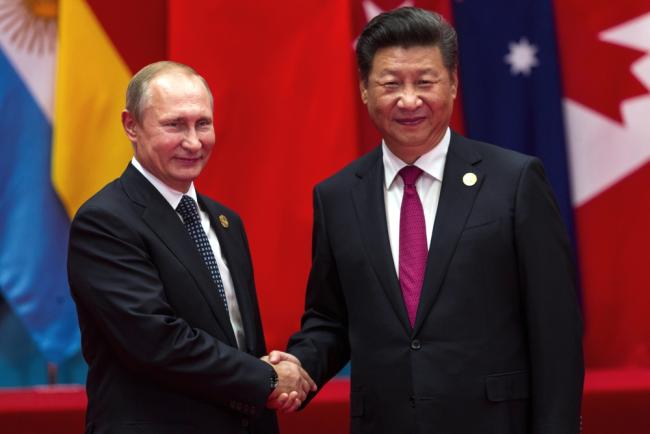Cold War Space Policy and Observation Satellites
Constellations of observation satellites resemble the 'Panopticon' system imagined by British philosopher Jeremy Bentham in his 18th century project for an ideal jailhouse - a system that Michel Foucault analyzed in Discipline and Punish (1975). Just as the warden in the central tower watches the prisoners without their being able to see him, satellites watch the Earth while observed countries cannot escape or monitor the extent of the observation.
Will observed countries factor in the control exerted by observing countries, just as prisoners will eventually interiorize the warden's discipline? This may indeed have been the goal of the US satellite observation policy during the Cold War (1950's-1980's). The US at the time sought to exert a new form of power on the international scene, resorting to persuasion and deterrence rather than all-out aggression.
US satellite surveillance was at work vis-a-vis the USSR through different policies linked to nuclear deterrence; and vis-a-vis US Allies (NATO, Great-Britain, France and Israel), then subject to a US information monopoly. The intended panoptical power was not totally efficient, however. Regarding the USSR, its exercise depended ultimately on the political climate between the two Superpowers. Allied countries succeeded repeatedly in warding off US attempts at control through information.

Available in:
Regions and themes
Share
Download the full analysis
This page contains only a summary of our work. If you would like to have access to all the information from our research on the subject, you can download the full version in PDF format.
Cold War Space Policy and Observation Satellites
Find out more
Discover all our analysesChina-Russia Cooperation in Space: The Reality behind the Speeches
China-Russia cooperation in space has been increasing for the past two decades. This cooperation accelerated after the Crimea crisis in 2014 and culminated with the announcement in 2021 of the joint construction of the International Lunar Research Station (ILRS).
Space in a Changing Environment: a European Point of View
The development of European space activities has long been pursued under the framework of the European Space Agency and other national space agencies. More recently, the emergence of the European Union as a new actor for space has paved the way for a series of initiatives and opportunities.

Governing the Geostationary Orbit: Orbital Slots and Spectrum Use in an Era of Interference
Outer space, particularly in the telecommunication sector, is benefiting and becoming accessible to more and more actors. But with this trend comes also a reality that is every day more compelling: no meaningful development can be achieved without a clear, stable and predictable interference-free environment for the use and control of all satellites that depend upon ready access to radio frequencies and appropriate geostationary orbital slots to function properly.









